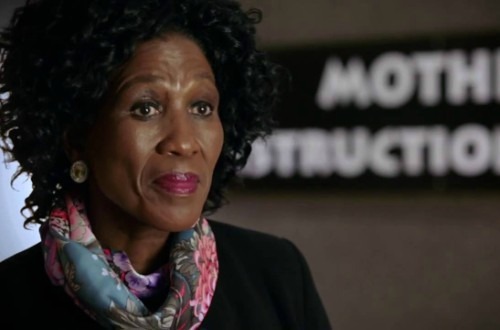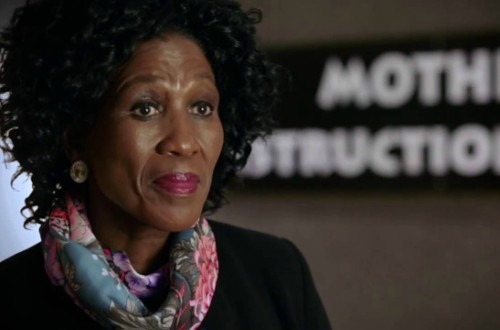
Dr. Thandi Ndlovu has been shattering stereotypes since opening the doors of her construction business, Motheo Construction, in 1997. Ndlovu, a medical doctor, has been at the helm of a company that has completed projects valued at more than R5.5 billion – with a focus on low-income housing.
Ndlovu is one of the country’s leading social housing developers with more than 80 000 units built. The company’s headquarters are in Johannesburg, with offices in Durban, Kimberley and East London.
The answer to how a township-born medical doctor, ends up running a successful construction company lies in her background.
A life-long change agent
Ndlovu was born in the township of Soweto and schooled at Orlando High School. After matriculating she enrolled for a BSc degree at the University of Fort Hare in the Eastern Cape where she was also heavily involved in politics.
In the early 1980’s Ndlovu went into exile in Angola where she spent years actively fighting the Apartheid regime as part of the ANC’s military wing, uMkhonto We Sizwe (MK) where she also undertook several tasks, including running literacy and education programmes and assisting as a medical officer.
In 1984, she moved to Zambia, where she enrolled at the University of Zambia where she completed her BSc (human biology) and MBchB degrees.
Following her return to South Africa, Ndlovu ran a private medical practice for five years in Orange Farm, an informal settlement south of Johannesburg where she was the sole private practitioner providing medical services to a population of over 200 000 people.
“I found a half-built shack and began working with some men to replace it with properly built medical rooms from which I could treat people,” says Ndlovu.
A holistic view of health
Ndlovu landed in the construction industry following her work with local health committees in the area, where she championed for improved housing to replace the shacks that exacerbated the health problems experienced by the locals.
This, together with investing in the building of a new medical center would see Ndlovu build up her knowledge of the construction business.
“I had no previous construction experience, only the heart to see real change”
“I read about a former MD of Premier Milling who was introducing the art of brick making to rural communities. After seeing what he was doing, I got excited and phoned government to find out how I could get involved in building houses for the people. Eventually, I received six large arch lever files on the processes and rules to be followed to build homes,” she says.
No barrier high enough
Initially, her limited knowledge of the construction industry presented challenges. However, Ndlovu says forming the right partnerships and having easy access to industry experts helped in overcoming them.
“I had several barriers. I had no previous construction experience, only a heart to see real change. I was a black female going into a white male dominated sector. Going against many who disagreed. I choose to partner with experienced leaders in the construction world,” she says referring to her partners Chris Cudmore and Tim Potter.
Ndlovu says each of the partners contribute in different ways to the business.
“Together we have formed a formidable team. It was not a popular choice to partner with white men, but it has been this choice that has shaped and formed my business,” says Ndlovu.
“I lead by listening and learning and by encouraging those around me to go for it”
She also credits the success of her business to receiving mentorship from industry experts.
“Motheo has grown organically and it was grown through the model of mentorship. I have partnered with young, particularly black females, as well as older white males with the idea that skills and experience will be transferred to this minority group within the construction industry. We have success story after success story and I am proud of how Motheo has grown. We are now the largest black female-owned construction and civil company in South Africa,” says Ndlovu.
Leading by example
Black women in the construction sector continue to be something of a scarcity, however, Ndlovu says transformation efforts of various stakeholders, including government, has seen more black businesswomen finding opportunities.
“Many government initiatives are now targeting women and youth. Because of our demographics we have an advantage,” says Ndlovu.
Ndluvo also attributes the success of her business to her leadership style.
“I lead as a mentor. I lead by listening and learning and by encouraging those around me to go for it.”
“This is a truly South African company. It is built on a model where everybody works together for its benefit. We are still true to our original model. We send in highly skilled professionals, get them to work with young people to carry things forward and leave skills behind. Motheo believes that there is room for everybody to benefit and grow in our country,” says Ndlovu.
Although her company’s activities are still centered around housing, there are plans to expand to other aspects within the construction industry.
Ndlovu says about a third of their projects range from building facilities such as a train station in Soweto to rail refurbishment projects and administrative building projects.







